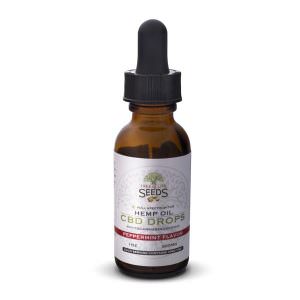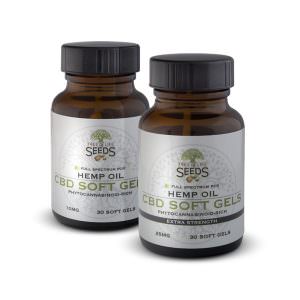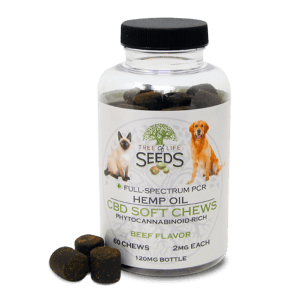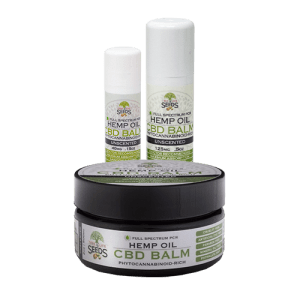For 10,000 years, hemp has been an agricultural staple across different cultures and for a variety of purposes. When cannabis was made illegal in the 1930s, the US banned hemp production. However, with the changes that came out of the 2018 Farm Bill, the plant has made a significant comeback as a staple crop in the world of agriculture.
Due to the lengthy ban on hemp production, many of today’s cultivators still don’t know what industrial hemp is and what benefits can be derived from it – in this post, we’ll look at the farming practices and potential uses of industrial hemp today.
What’s the Deal with Industrial Hemp?
Most notably, industrial hemp does not contain the levels of tetrahydrocannabinol (THC) that produce the psychoactive effects typically associated with cannabis – the law mandates a lower than .3% THC percentage for the crop to be used. Hemp can, however, contain high levels of the non-psychoactive compound cannabidiol (CBD). Studies have shown CBD can potentially help with stress reduction and physical pain relief. The industrial hemp CBD market is growing right now and the use of hemp as an industrial crop continuously on the rise.
Is Hemp Legal?
Although, the laws used to be much more intricate and complex, hemp was recently legalized by the federal government under the Farm Act in 2018. Production and supply may still lag for a few years while cultivators play catch-up to the changing market and resource availability; growing and cultivating hemp is now easier than it has been for a long time.
Industrial Hemp Uses
Today, industrial hemp is used in over 50,000 different products! Here are just a few examples of unique products that use hemp as a raw material:
- Paper
- Beer
- Clothing and Shoes
- Sunglasses
- Lotions and Creams
- Fuel
- Soil Reclamation
- Industrial Hemp CBD food products
We are still in the infancy of developing uses for hemp as a commercial product, but industrial hemp is already making a name for itself in many industries. As supply grows, so will the product variety.
Why Farm Industrial Hemp?
The 2018 Farm Act ushered in a new age of agriculture for hemp cultivators: for farmers looking to stay competitive throughout changing markets and economies, now is a great time to get into growing hemp as demand increases.
Although hemp grows more vigorously than corn – known in the US as a staple crop for its quick growth and large biomass – it requires less water and pesticides, making it an overall ideal crop for organic farmers. Once the seeds are planted, hemp plants typically only require an average of six weeks of irrigation before the crops can sustain themselves. Outside of deserts and mountains, hemp can grow in most of the United States.
However, farming hemp isn’t easy! There are a few challenges that cultivators should keep in mind as they consider breaking into the cannabis industry.
Land
Hemp requires a lot of land to grow: the crop is best suited for industrial purposes, rather than small scale, local businesses. So, it can be tough to make a profit unless the product is scaled to a large enough level.
Seeds
Because hemp is still new to the US agricultural market, usable and healthy seeds can be challenging to find. The US government continues to keep tight regulations on hemp seeds to ensure that the THC-level stays low: using seeds with well-tested phenotypes and genetics will help maintain consistency and help guarantee that your crop will achieve the desired <.3% THC levels.
Equipment
Most commercial farm equipment is capable of cultivating hemp crops, but custom modifications may be required to ensure that the strong fibers of hemp do not clog the machinery.
How to Get a Hemp Farming License
If the promising market outlook and ease of growing hemp appeal to you, you might be considering farming your own hemp. While the regulations regarding who can or cannot farm hemp vary from state to state, generally, to obtain a license, you’ll need to work with your state Department of Agriculture.
Hemp is a hot commodity right now! While many other crops struggle to make a profit, hemp seems to be an outlier in its significant return on investment. Because the plant is easy to grow and relatively new to the market, the future looks very bright for industrial hemp farmers.
For cultivators looking to break into the cannabis industry, Tree of Life Seeds provides an abundance of resources, as well as industry-leading premium genetics, to help ensure the most bountiful harvest.








0 Comments